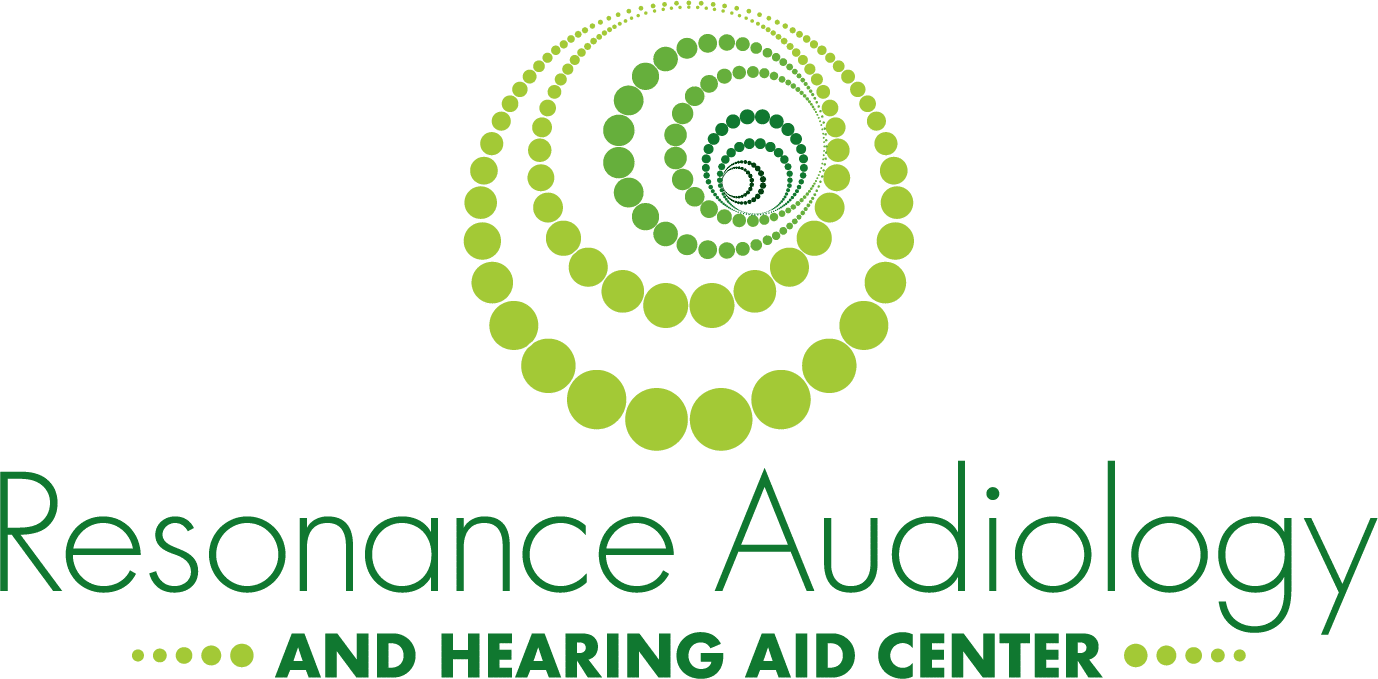What Are Assistive Listening Devices and How Can They Help?
Hearing challenges can make it hard to fully enjoy conversations, group activities, or even a favorite TV show. For those facing hearing difficulties, assistive solutions can make a huge difference. This is where assistive listening devices come in. They’re designed to help people hear better and participate more in everyday life. In this blog, we’ll dive into what assistive listening devices are, how they work, and who can benefit from them.

What Are Assistive Listening Devices?
Assistive listening devices (ALDs) are special tools that help people hear sounds more clearly. They work by reducing background noise and increasing the volume of the sound you want to hear, like a person speaking or music playing. This helps improve clarity, making it easier for individuals to understand conversations and sounds.
ALDs can be used in various settings, such as at home, in classrooms, theaters, or even during meetings. They are not replacements for hearing aids but can be used alongside them to improve the listening experience.
Types of Assistive Listening Devices
There are different types of assistive listening devices, each designed for specific needs and situations. Let’s look at the most common ones:
Hearing Loop Systems
Hearing loop systems use a special wire that creates a magnetic field. When a person with a hearing aid or cochlear implant switches to a certain setting (called the “T-coil”), the hearing aid picks up the sound directly from the loop. Hearing loops help reduce background noise and make sounds clearer. Hearing loops are commonly found in places like churches, theaters, and auditoriums.
FM Systems
FM systems are great for noisy places or when there’s a lot of distance between the speaker and the listener. Hearing loops work by sending sound from a microphone, which is worn by the speaker, to a special receiver that the listener wears. This helps the listener hear the speaker’s voice more clearly without background noise getting in the way. FM systems are commonly used in classrooms to help students hear their teachers clearly, even if they’re sitting in the back.
Infrared Systems
Infrared systems use light waves to transmit sound. They work by sending signals from a transmitter to a receiver worn by the listener. These assistive listening devices are often used in places like movie theaters and courtrooms. They’re also good for situations where privacy is important, as infrared signals don’t pass through walls.
Personal Amplifiers
Personal amplifiers are portable devices that help amplify nearby sounds. They’re perfect for one-on-one conversations or when watching TV. You can carry them in your pocket or clip them to your belt, and they’re easy to use in various settings.
Benefits of Using Assistive Listening Devices
Using assistive listening devices can significantly improve a person’s quality of life. Here are some of the key benefits:
- Enhanced Communication: ALDs help individuals hear and understand conversations better, allowing them to participate more fully in social activities.
- Improved Focus: In places like classrooms, meetings, or theaters, ALDs make it easier to focus on the speaker or event, reducing distractions from background noise.
- Reduced Listening Effort: Constantly straining to hear can be exhausting. ALDs help make listening easier, reducing stress and making it more enjoyable.
Who Can Benefit from Assistive Listening Devices?
Assistive listening devices aren’t just for people with severe hearing loss. They’re helpful for individuals with mild to severe hearing challenges and can be used in many environments. For example:
- Students with hearing difficulties can use ALDs in classrooms to better understand their teachers.
- Employees in meetings can stay more engaged and catch important details.
- Seniors or anyone attending social gatherings can hear conversations clearly, making the experience more enjoyable.
How to Choose the Right Assistive Listening Device
Selecting the right assistive listening device depends on several factors, such as your environment, budget, and specific needs. For example, if you often attend lectures or group meetings, an FM system might be a great choice. If you need help in one-on-one conversations or at home, a personal amplifier could be more suitable.
It’s always a good idea to consult with a hearing specialist to discuss your needs and explore the best options. They can help recommend the right ALD for your lifestyle.
Contact Our Team Today
Assistive listening devices are powerful tools that can improve communication and make life more enjoyable for those with hearing challenges. They offer various benefits, from enhancing sound clarity to reducing the stress of straining to hear. Whether you need help in social settings, at work, or in school, ALDs can be a game-changer.
If you or a loved one are struggling with hearing, consider exploring assistive listening devices as a solution. To learn more, contact our team at Resonance Audiology and Hearing Aid Center in Lancaster, PA, at (717) 925-6112 to schedule an appointment. We’re here to help you find the right solution for better hearing and communication!
